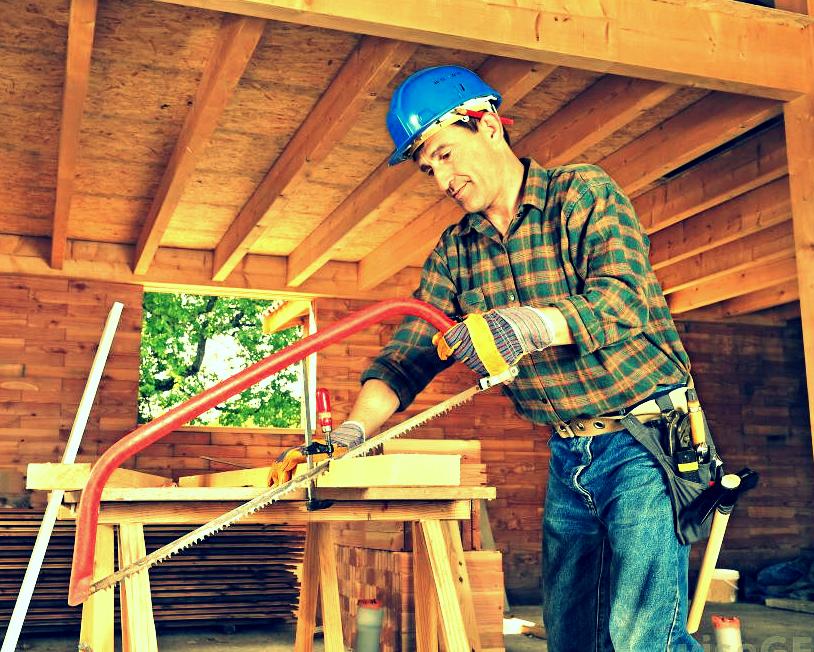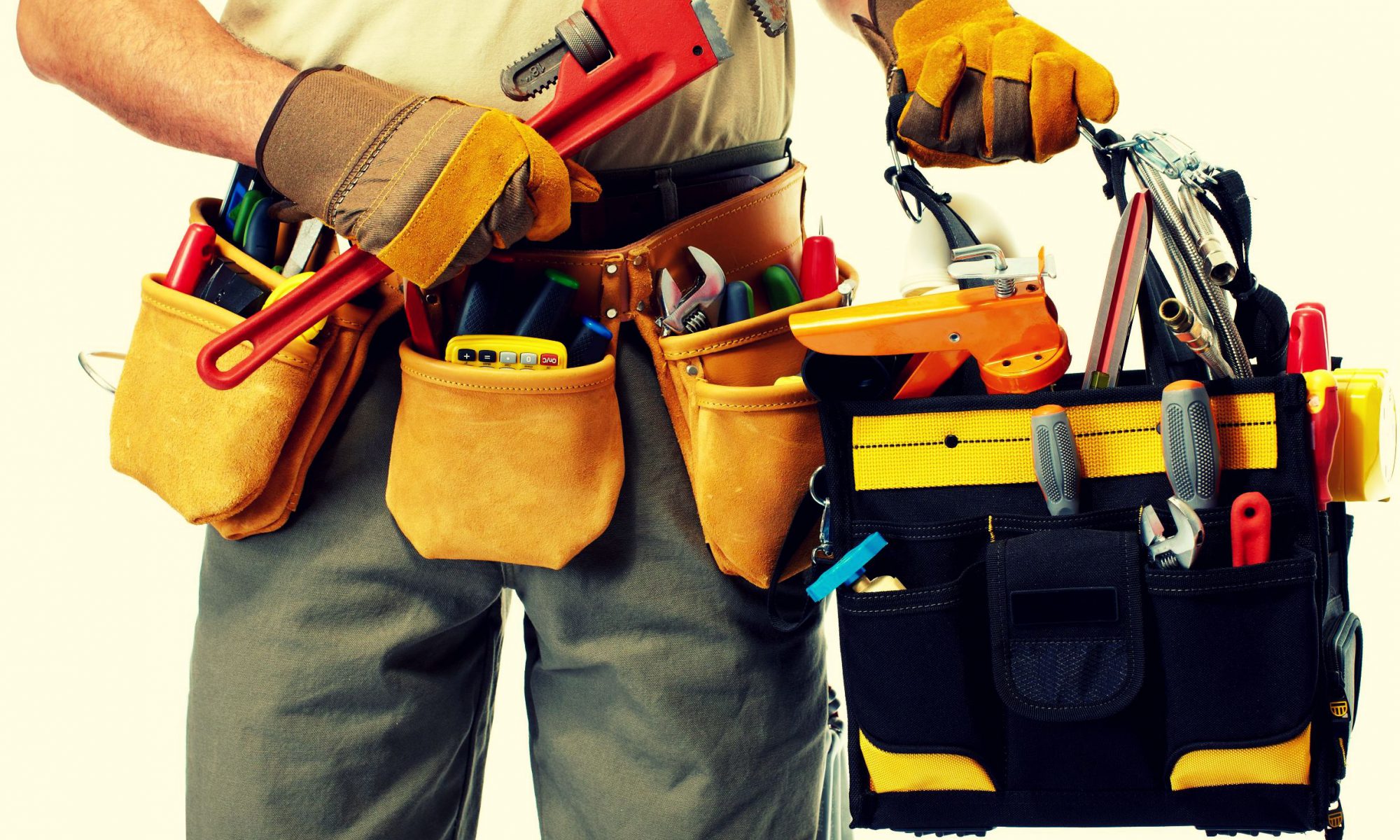Hiring a handyman in Singapore can be a straightforward process. Yet many homeowners do not realize that licensing and insurance requirements vary based on the type of work. Not all repairs need a licensed professional, but specific jobs — especially those involving plumbing or electrical systems — do.
Knowing what’s required helps you stay compliant with Singapore regulations, avoid costly mistakes, and ensure safety in your home. It also enables you to select the right handyman for the job.
Do Handymen Need a License in Singapore?
The short answer: It depends on the work they do.
Singapore does not require a general handyman licence. This means someone can advertise services for tasks like painting, furniture assembly, or mounting shelves without formal certification. However, specific types of work require proper licensing.
Licensed work includes:
- Electrical services: Only a Licensed Electrical Worker (LEW) can carry out electrical wiring, socket installation, or circuit board repairs. Licensing is issued by the Energy Market Authority (EMA).
- Plumbing services: Only PUB-licensed plumbers are permitted to work on water service installations and sanitary plumbing systems.
- Gas works: Any gas fitting or pipe installation must be done by a licensed gas service worker.
Engaging unlicensed workers for these jobs can result in fines and pose safety risks. Always confirm licensing before starting work.

Common Tasks That Do Not Require a Licence
Many handyman jobs fall outside the scope of licensing laws. You can hire a freelance handyman for:
- Painting and wall touch-ups
- Installing curtains or blinds
- Furniture assembly
- Hanging pictures or mirrors
- Basic repairs to cabinets, doors, or windows
- Minor fixture replacements (e.g., taps, door handles)
While these tasks do not need licensing, you should still vet the handyman’s skills and experience.
Why Licensing Matters
Licensing is not just about legal compliance. It also signals:
- Professional competence: Licensed workers meet Singapore’s training and skill standards.
- Safety assurance: Licensed professionals are knowledgeable about technical regulations and safety codes.
- Accountability: Licensing bodies can investigate misconduct and take disciplinary action.
For high-risk work, hiring someone without the right licence can void your home insurance if something goes wrong.
How to Check a Handyman’s Licence
When engaging someone for electrical, plumbing, or gas works:
- Ask for their licence number.
- Check it online:
- Electrical workers: Search the EMA’s Public Register of Licensed Electrical Workers.
- Plumbers: Check the PUB’s List of Licensed Plumbers.
- Gas service workers: Verify with EMA’s licensed gas service worker list.
If the handyman hesitates or refuses to provide details, that’s a red flag.
Insurance: Is It Required?
While there is no law requiring handymen to carry insurance, reputable service providers typically do. Insurance protects both you and the handyman in case of accidents or damage.
Common types of coverage include:
- Public liability insurance: Covers property damage or injury to third parties during work.
- Work injury compensation: Covers the handyman if they are injured while working in your home.
- Tools and equipment insurance: Covers loss or damage to professional tools.
Hiring an uninsured handyman means you could be liable for damages or injuries.
Why Insurance Matters
Even small jobs can lead to accidents. A ladder fall, burst pipe, or electrical short circuit could damage your property or harm someone. Without insurance, you may have to pay out-of-pocket for repairs or medical costs.
Example:
If a handyman accidentally floods your bathroom while installing a tap and has no liability insurance, you will have to bear the repair costs yourself.
How to Verify Insurance
Not all handymen will have formal insurance, especially those who are freelancers. But if they claim to be insured:
- Ask for a copy of their insurance certificate.
- Verify that it is valid for the project’s scheduled date.
- Verify that the coverage applies to the specific type of work being performed.
If the work is high-risk and the handyman is uninsured, consider hiring through a company that provides insured services.
Freelance Handyman vs. Company-Hired Handyman
Freelancers
- More affordable, flexible scheduling
- May not have formal insurance
- Licensing depends on their skills and qualifications
Company-hired handymen
- Often insured and trained in multiple tasks
- Backed by a company warranty
- It may cost more due to overheads
Your choice depends on the complexity and risk of the work.
Steps to Take Before Hiring
- Identify the type of work – Decide if the job requires a licensed professional.
- Check credentials – Verify licences where necessary.
- Ask about insurance – Ensure coverage for property damage and injuries.
- Get a written quote – Avoid verbal-only agreements.
- Agree on payment terms – Avoid paying in full upfront.
- Document the job scope – Clarify the exact work to be done.
Penalties for Hiring Unlicensed Workers
In Singapore, hiring unlicensed workers for regulated tasks can result in fines or other penalties. For example:
- Hiring an unlicensed electrician can lead to a fine of up to $10,000 or imprisonment under the Electricity Act.
- Engaging an unlicensed plumber for regulated work can result in fines under PUB’s regulations.
These penalties apply to both the worker and the homeowner.
Final Thoughts
In Singapore, not all handyman jobs require licensing, but certain work—especially electrical, plumbing, and gas services—must be handled by licensed professionals. While insurance is not mandatory, it’s a smart safeguard against unexpected costs.
When hiring a handyman:
- Confirm if the work requires a licence.
- Check credentials and experience.
- Verify insurance if the work has any risk of damage or injury.
A bit of diligence before letting someone into your home can save you stress, money, and legal trouble.



You must be logged in to post a comment.